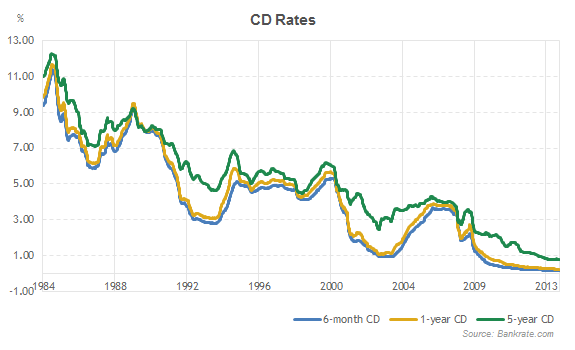I've always had income tax deducted from my salary while working, so I'm most used to planning for expenses in an after-tax world. Likewise, medical insurance is an employment benefit, so that isn't in my current budget except for co-pays and the like. In planning for ER expenses, I expect my ordinary expenses to remain more or less the same (not 70% or 80%, but pretty much identical) but I will have to account for paying income taxes and medical insurance instead of having them deducted before I see the money. So it will feel to me like expenses went up from what I'm used to while working.
On the other hand, as I'm saving more than 20% as I push toward ER, I will still be spending much less than my gross income. I suppose I could figure out what percentage I'm spending from that gross salary number, but it's pretty much meaningless to me as that's not how I budget or think of expenses.

